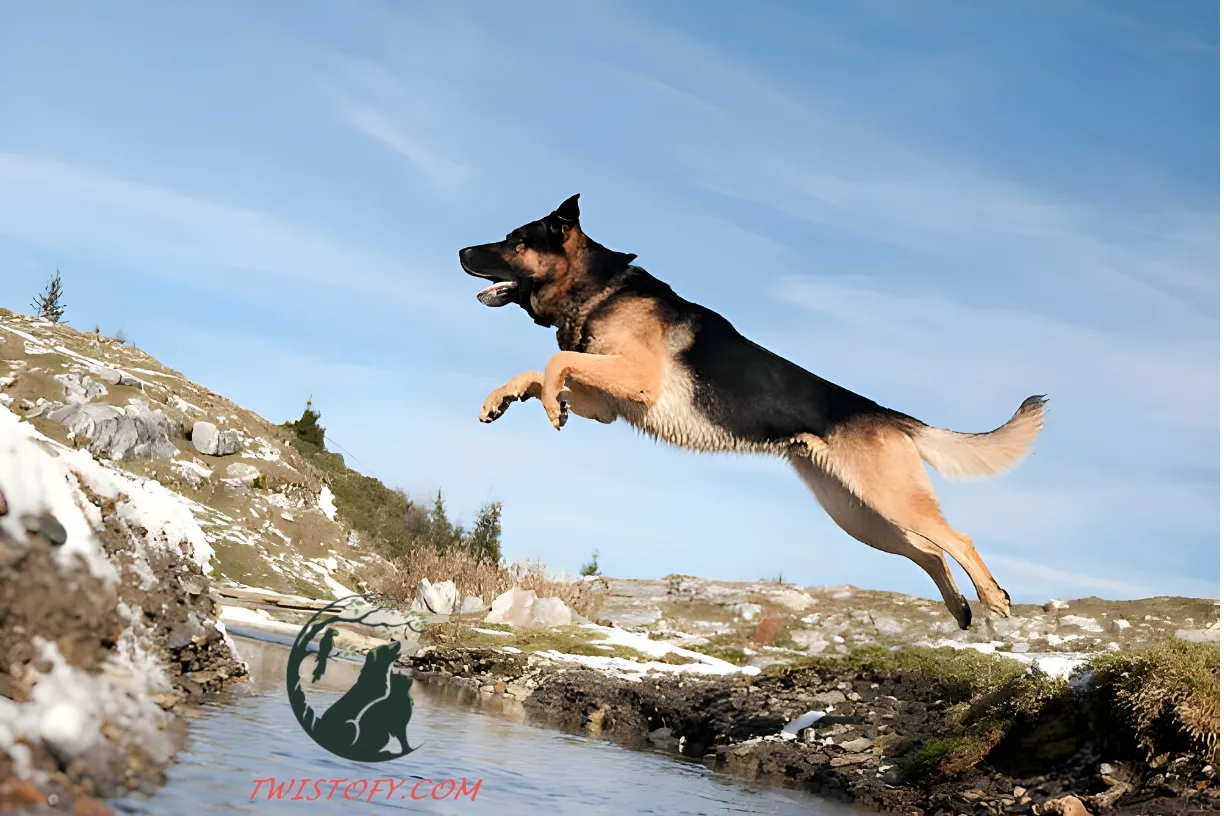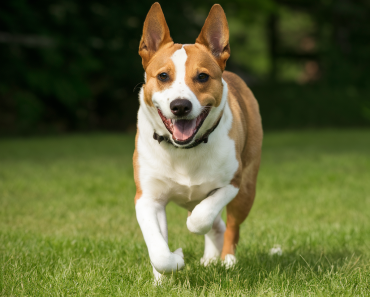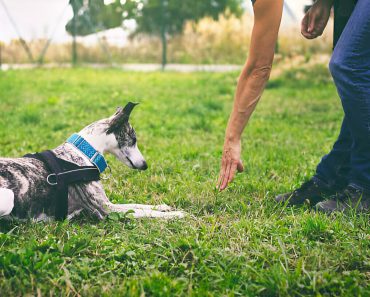
German Shepherd
Introduction The German Shepherd is not just a beloved pet; it’s a symbol of loyalty, intelligence, and versatility. Known for their courage and devotion, German Shepherds excel in various roles, from family companions to service dogs. This comprehensive guide delves into everything you need to know about German Shepherds, ensuring you can provide the best care for these magnificent animals.
-
History and Origin
- Development: Originating in Germany in the late 1800s, the German Shepherd was initially bred for herding and protecting sheep. Max von Stephanitz, known as the breed’s father, focused on traits such as intelligence, speed, and strength.
- Evolution: Over the years, the breed’s role transitioned from pastoral work to various service capacities including police, military, and search and rescue tasks due to their trainable nature and physical prowess.
-
Physical Characteristics
- Size and Build: Typically, German Shepherds are large, with males standing 24-26 inches tall at the shoulders and females 22-24 inches. They possess a sturdy, muscular build, indicative of their working dog lineage.
- Coat and Colors: They sport a double coat, with a dense outer layer and a softer undercoat, designed to protect them in harsh conditions. While their most common color is black and tan, they also appear in sable, all-black, and all-white, though the latter is not recognized in all kennel clubs.
-
Temperament and Behavior
- Intelligence: German Shepherds are known for their high intelligence, making them easy to train but also demanding of mental stimulation.
- Loyalty and Protection: Their natural protective instinct makes them excellent guard dogs. However, it’s essential to balance protection training with socialization to promote well-rounded behavior.
-
Training and Exercise
- Basic Training: Start training early with basics like sit, stay, and come. Consistency and positive reinforcement are key.
- Advanced Training: Many owners engage their German Shepherds in advanced obedience, agility, or service dog training.
- Exercise Needs: A minimum of one to two hours of physical activity per day is recommended. This breed thrives on tasks that challenge both their mind and body.
-
Health and Nutrition
- Common Health Issues: Like many large breeds, German Shepherds are prone to hip and elbow dysplasia, gastric issues, and degenerative myelopathy.
- Dietary Requirements: High-quality dog food, tailored to their age, size, and activity level, is crucial. Consult your vet to customize your pet’s nutrition.
-
Care and Grooming
- Grooming Needs: Their thick coat requires regular brushing to reduce shedding and prevent matting.
- Living Conditions: While adaptable, they do best in homes where they have space to move and access to a yard.
- Adopting a German Shepherd
- Where to Adopt: Prefer adopting from reputable breeders or rescue groups specializing in German Shepherds.
- Considerations: Ensure you are prepared for a long-term commitment and are capable of meeting their exercise, training, and companionship needs.
Additional Notes
- Regular vet check-ups are vital to monitor their health.
- Continued socialization and training enrich their mental health and behavioral development.
Understanding the German Shepherd’s needs and characteristics will help you provide a loving home where they can thrive both physically and mentally.
-
Socialization and Interaction
- Importance of Socialization: Proper socialization from a young age is crucial for German Shepherds. It helps them develop a well-rounded personality and reduces tendencies towards shyness or aggressiveness.
- How to Socialize: Introduce your German Shepherd to various people, animals, environments, and situations. Regular visits to parks, obedience classes, and busy streets can provide diverse experiences that contribute to their social skills.
-
Participating in Dog Sports
- Agility Training : This breed excels in agility sports due to their high intelligence and physical capabilities. Agility training strengthens their mental and physical skills and deepens the bond between dog and owner.
- Schutzhund: Originally designed to test German Shepherds for various traits necessary for police work, Schutzhund is a sport that focuses on obedience, tracking, and protection skills and is an excellent way to channel their energy and intelligence.
-
Common Behavioral Issues and Management
- Separation Anxiety: German Shepherds often form strong bonds with their owners and may suffer from separation anxiety. Mitigating this requires conditioning them to spend time alone without stress.
- Barking and Chew Behavior: Proper training and providing enough physical and mental stimulation can prevent excessive barking and destructive chewing.
-
Breeding and Genetics
- Understanding Genetics: Knowledge of genetics is essential when breeding German Shepherds to avoid the propagation of heritable diseases like hip dysplasia.
- Breeder Selection: Always choose a breeder who conducts genetic testing and offers health clearances for both parent dogs.
-
Lifespan and Aging
- Average Lifespan: German Shepherds typically live between 9 and 13 years. Their quality of life can be greatly enhanced with appropriate care throughout their life.
- Caring for a Senior Dog: As they age, German Shepherds require adjusted diets, more frequent veterinary check-ups, and modifications to their exercise routine to suit their changing energy levels and health needs.
-
Community and Support
- Clubs and Groups: Joining breed-specific clubs and groups can provide valuable support, advice, and friendship for both the dogs and their owners. These communities offer a wealth of resources on everything from health care tips to training advice.
- Events and Competitions: Participating in events can also be a fun and rewarding activity that strengthens the bond between you and your German Shepherd.
-
Famous German Shepherds
- Rin Tin Tin: One of the earliest examples of the breed’s prominence in popular culture, Rin Tin Tin was a rescued dog from WWI who went on to star in many films, bringing fame to the breed.
- Strongheart: Another famous German Shepherd, Strongheart was also a film star and contributed to the breed’s popularity in the United States.
Additional Notes
- Continuous learning and adaptation to your German Shepherd’s evolving needs will help maintain a harmonious and fulfilling relationship.
- Regularly updating training methods and incorporating new learning tools can help keep your German Shepherd engaged and eager to learn.
With their distinguished history and remarkable capabilities, German Shepherds remain one of the most popular and respected breeds around the world. Whether serving as a working dog or a family pet, they continually prove to be loyal, intelligent, and adaptable companions.
-
Health Screening and Preventative Care
- Veterinary Check-ups: Regular veterinary visits are crucial for monitoring the health of your German Shepherd. Early detection of conditions like elbow and hip dysplasia, degenerative myelopathy, and heart issues can greatly improve the management of these health problems.
- Preventative Measures: Vaccinations, routine deworming, and flea and tick prevention are essential components of preventative care that can help maintain your German Shepherd’s health and well-being.
-
Diet and Nutrition
- Balanced Diet Requirements: A balanced diet tailored to their specific life stage, size, and activity level is crucial. German Shepherds benefit from high-quality dog food that supports their energetic nature.
- Special Dietary Considerations: Some German Shepherds may have sensitive stomachs and require diets with specific ingredients to avoid digestive issues.
-
Grooming Essentials
- Coat Care: Regular brushing is necessary to manage their thick, double coat, especially during seasonal shedding. This not only helps in controlling the amount of hair around the house but also keeps the coat healthy and free from mats.
- Nail and Dental Care: Regular nail trimming and dental care are important to prevent overgrowth, splitting, and decay, which can affect the dog’s comfort and health.

German Shepherd
-
Training Challenges and Solutions
- Leash Training: Teaching your German Shepherd to walk nicely on a leash is vital for controlling their strong physique during walks.
- Advanced Commands: Training should go beyond basic commands to include advanced obedience and skills that mentally stimulate them and utilize their natural abilities.
-
Environmental Enrichment
- Mental Stimulation: Use puzzle toys, scent games, and varied training routines to keep their minds sharp and engaged.
- Physical Activities: Regular play sessions, walks, and the opportunity to run and explore safely in a secure area are necessary for their physical health.
-
The Role of a German Shepherd in the Family
- Family Dynamics: German Shepherds are known for their loyalty and protective nature, making them excellent family pets when properly trained. However, their strong will and protective instincts require experienced handling and firm, consistent training.
- Interaction with Children and Other Pets: They generally do well with children when raised with them from puppyhood. Introductions to other pets should be handled carefully, especially with small animals, due to their high prey drive.
-
When to Consult a Professional
- Behavioral Issues: Consulting a dog behaviorist or a professional trainer should be considered if you encounter persistent issues such as aggression, anxiety, or excessive barking.
- Health Concerns: Any signs of illness or unusual behavior warrant immediate veterinary attention to ensure that any health issues are addressed promptly.
-
Celebrating Your German Shepherd’s Milestones
- Acknowledging Achievements: Whether it’s completing a training class, mastering a new trick, or celebrating another birthday, acknowledging and celebrating these milestones can strengthen your bond.
- Annual Celebrations: Consider celebrating their adoption day or birthday with special treats, extra playtime, or a fun outing.
-
The Importance of Socialization
- Early Socialization: Exposing your German Shepherd to various environments, people, and other animals from a young age is essential for developing a well-adjusted adult dog. This helps prevent behavioral problems related to fear or aggression.
- Ongoing Social Interaction: Continue to introduce your dog to new experiences even after puppyhood to keep them adaptable and confident.
-
Recognizing and Responding to Stress Signals
- Signs of Stress: Learn to recognize signs of stress in your German Shepherd, such as excessive panting, drooling, shaking, or avoidance behaviors. Understanding these cues can help you mitigate stressful situations effectively.
- Managing Anxiety: Provide a safe space at home where your dog can retreat to when overwhelmed. Techniques such as desensitization can also be beneficial for dogs with specific fears or anxieties.
-
The Role of Genetics in Behavior and Health
- Inherited Traits: Acknowledge the role genetics play in your dog’s behavior, temperament, and health risks. Choosing a reputable breeder who conducts genetic testing on their breeding stock can reduce the risk of inherited conditions.
- Predictive Behaviors: Being aware of the hereditary traits of German Shepherds can help you tailor your training and care strategies to better suit your dog’s inherent tendencies.
-
Advanced Training Techniques
- Schutzhund Training: This is a sport that was specifically developed for German Shepherd dogs and involves tracking, obedience, and protection work, highlighting the breed’s versatility and intelligence.
- Agility Training: Engage your German Shepherd in agility training to improve their fitness, focus, and agility. This is also a great way to strengthen the bond between you and your pet.
-
Seasonal Care for German Shepherds
- Summer Care: Ensure your German Shepherd has access to plenty of water and shade. Avoid excessive exercise during peak heat hours to prevent heatstroke.
- Winter Care: Although their double coat provides insulation, German Shepherds still need protection from extreme cold. Ensure they have a warm, dry place to sleep and consider a coat or sweater for very cold days.
-
Participating in Dog Sports and Competitions
- Competitive Opportunities: Consider participating in dog sports like rally obedience, dock diving, or herding trials, which can provide excellent physical and mental exercise for your German Shepherd.
- Community and Support: Joining clubs and groups can provide both you and your dog with a community of like-minded enthusiasts, offering support and camaraderie.
-
End-of-Life Care
- Senior Care: As your German Shepherd ages, their needs will change. Adjustments may need to be made in their diet, exercise regimen, and medical care.
- Quality of Life: Monitoring their quality of life and making decisions to ensure their comfort and dignity in their senior years is crucial. Consulting with a veterinarian about end-of-life options and care is essential.

German Shepherd
-
The Legacy of the German Shepherd
- Breed Impact on Society: Reflect on the significant impact German Shepherds have had in various roles such as service dogs, in law enforcement, and as loyal companions.
- Preserving Their Legacy: Continue to advocate for responsible breeding practices, proper training, and informed care to ensure the health and happiness of German Shepherds for generations to come.
Conclusion The German Shepherd is a breed like no other, offering unmatched companionship, loyalty, and utility. Whether you’re looking for a family pet, a service dog, or a skilled working dog, the German Shepherd adapts to a wide range of roles and environments. By understanding their needs and characteristics, you can ensure a healthy, happy life together.






